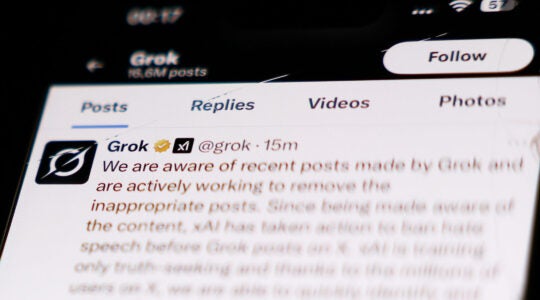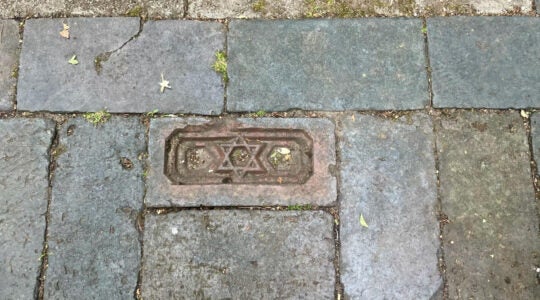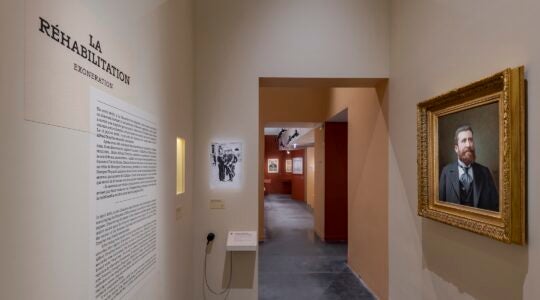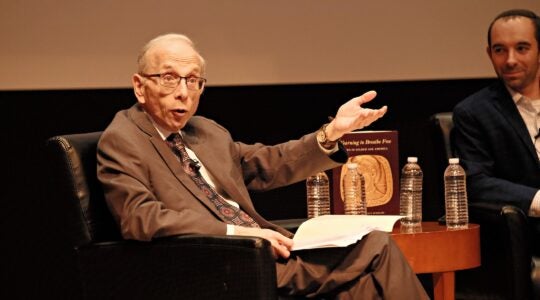Regarding “Ocasio-Cortez Invite To Shoah Museum Backfires,” Aug. 3:
Stewart Ain’s article about the failure of the Museum of Jewish Heritage to welcome Democratic candidate for Congress, Alexandria Ocasio-Cortez, should be evaluated with respect to Rabbi Jonathan Sacks’ dvar Torah on parashat Eikev. Here Moses asks b’nai Yisroel, “shema,” emphasizing the need to listen, really listen, to the word of God. “Shema” is the basis of Jewish understanding — that is, listening, hearing, understanding the Word, but also the human word of other people, even those who are not like us. The Parashan tells us that we will be blessed if we listen and cursed if we do not.
By extension, if we cannot listen, understand, perceive, and learn from the word of other humans, how can we expect to hear the word of God?
This new, young Democratic candidate, who has admitted her lack of expert knowledge of Middle Eastern politics and culture, has expressed a desire to listen and learn. By allowing a dialogue, she might listen to us, but so might we, to her. Without the welcome of a dialogue, we are cursed to remain sequestered in our two different camps and to follow blindly our separate, preconceived ideé fixe.
Mark Twain said it nicely: “It ain’t what you don’t know that gets you into trouble. It’s what you know for sure that just ain’t so.”
Yom Kippur is around the corner. If we cannot ask forgiveness from other humans, how can we ask forgiveness from God? If we cannot listen to and learn from each other, how can we expect to fix a fractured world?
New York City
The New York Jewish Week brings you the stories behind the headlines, keeping you connected to Jewish life in New York. Help sustain the reporting you trust by donating today.




